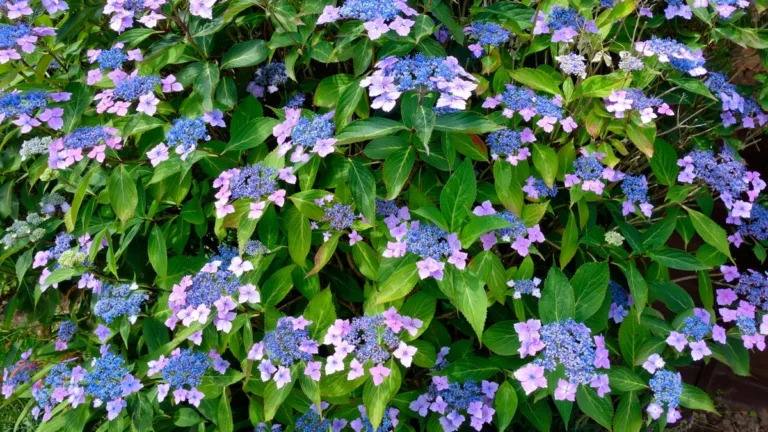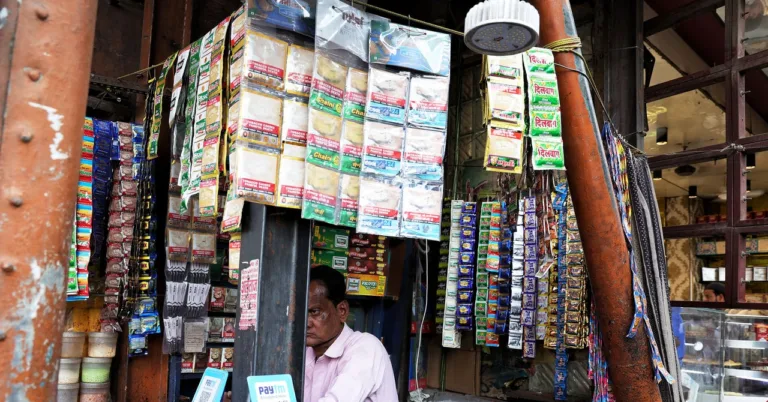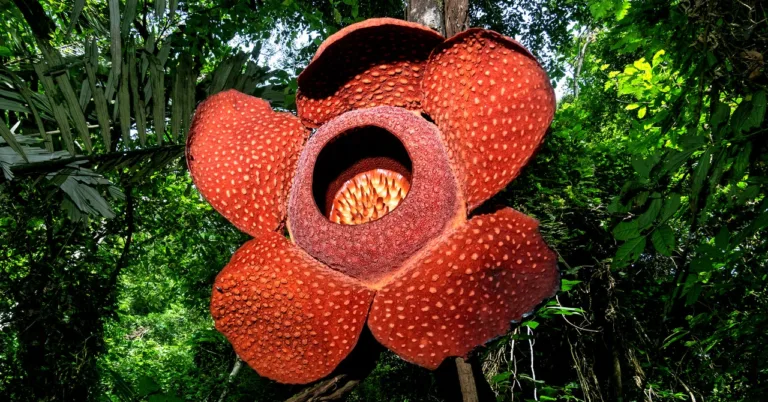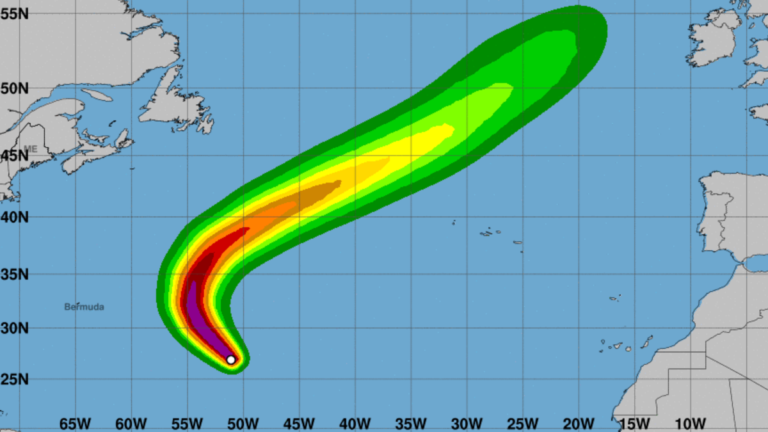Designing a Heat-Proof City: Strategies for Cooling Urban Areas
Cities are facing increasing challenges with Source: How to Build a Heat-Resilient City

Cities are facing increasing challenges with Source: How to Build a Heat-Resilient City

The role of the ultra-rich individuals in addressing the climate crisis is becoming increasingly crucial. Despite claiming commitments to fight climate change, their philanthropic efforts are primarily focused on building endowments for the future. Charitable giving for climate change only accounts for a fraction of the vast wealth accumulated by the ultra-rich. However, to effectively tackle the climate crisis, extraordinary collective action and governmental intervention funded by taxes on the ultra-wealthy are required. The wealthy individuals must be held responsible for their investments in polluting industries and insincere philanthropic efforts. The extreme wealth concentration exacerbates the climate crisis and leaves vulnerable communities to bear the brunt of its consequences. By implementing tax reforms to address excessive wealth hoarding, we can limit the power of the ultra-rich and promote a more equitable society.

Millions of offices around the world are in need of reconsidering their use of electronics in order to become more environmentally friendly and sustainable. This article discusses the rise of the secondhand electronics market, the importance of recycling and repairing used devices, and how businesses can promote sustainability through education and internal policies. By reducing e-waste and embracing sustainable practices, offices can contribute to a more equitable and sustainable future.

Norwegian startup, Agoprene, led by CEO Celine Sandberg, is developing sustainable furniture foam as an alternative to petrochemical-based materials. Their experiments with seaweed-based materials have led to the creation of numerous foam samples, with applications in furniture and other industries. Sandberg hopes to inspire more startups to develop sustainable alternatives and foster a community of innovators addressing environmental challenges.

Knowing which shrubs to prune in the fall is crucial for maintaining a tidy yard and ensuring future blooms. While some shrubs, like ball hydrangeas, can be pruned to create airspace, others, such as panicle hydrangeas and lilac, should be left untouched until spring. Flowering fruit trees should also be pruned after going dormant. However, there are some shrubs and vines, like butterfly bush and roses, that are safe to prune in the fall. It’s important to consider the blooming season and be cautious of rain and dampness, which create a favorable environment for diseases.

Farmworkers in Maharashtra, India, are turning to substances like smokeless tobacco and alcohol to cope with the stresses of climate change. Extreme heat waves, floods, and crop failures have led to increased substance abuse among agricultural workers. The addictive nature of these substances poses serious health risks, but the lack of access to mental health professionals and support systems exacerbates the problem. Research and data collection are needed to address the issue of climate-related substance abuse and provide appropriate interventions.

Rafflesia, or the corpse flower, is facing extinction due to the destruction of its forest habitats in Southeast Asia. There are 42 species of Rafflesia, with 25 classified as critically endangered and 15 as endangered. Current conservation strategies are failing to protect two-thirds of these species. Scientists are urging for a cross-regional approach to save these remarkable flowers. The parasitic plant, which has no leaves, stems, or roots, extracts food and water from tropical jungle vines. Researchers are calling for increased habitat protection, better understanding of the plant, and new conservation methods.

Tropical Storm Nigel in the Atlantic Ocean has rapidly intensified into a category 1 hurricane, currently posing no immediate threat to coastal areas. The hurricane is anticipated to reach category 3 status by Tuesday but is expected to turn northward by then. It is projected to gradually weaken in the coming days and is not likely to make landfall in the United States. Hurricane Lee, which hit Canada’s coast recently, caused notable damage in Nova Scotia.

Discover the best tree options for fall planting and the advantages of planting trees in the fall. Fall planting allows for root development before above-ground growth. It also requires less watering and benefits from warmer soil temperatures.